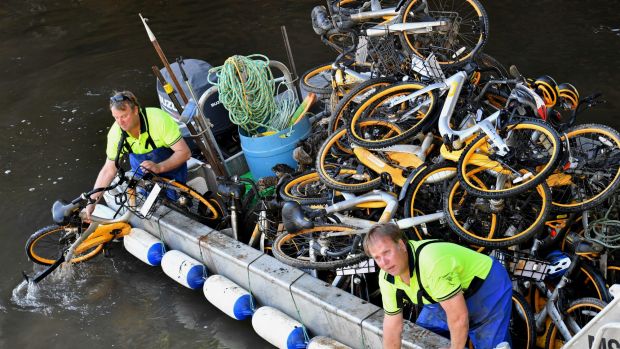Robots and autonomous vehicles won’t be allowed to arm themselves. Which makes them easy pickings for thieves and and anyone who just hates robots (perhaps they lost their job to one).
An autonomous car is easy to stop – you just step out in front of it. What about a truck? Lots of valuable cargo might be in it.
To thwart the bad guys we will need:
- Vehicles and robots that are very difficult to break into
- Cameras that are monitored in real time
- More surveillance cameras in general
- Networking of robots and vehicles
There’s no point having video of someone stealing a robot, if they are wearing a mask. You need surveillance cameras that pick up where they arrived from and when they put the mask on. And if all the cameras are networked, AI can spot bad guys before they actually commit the crime.
And so the debate will begin – is increased surveillance a fair price to pay to protect out robots?




